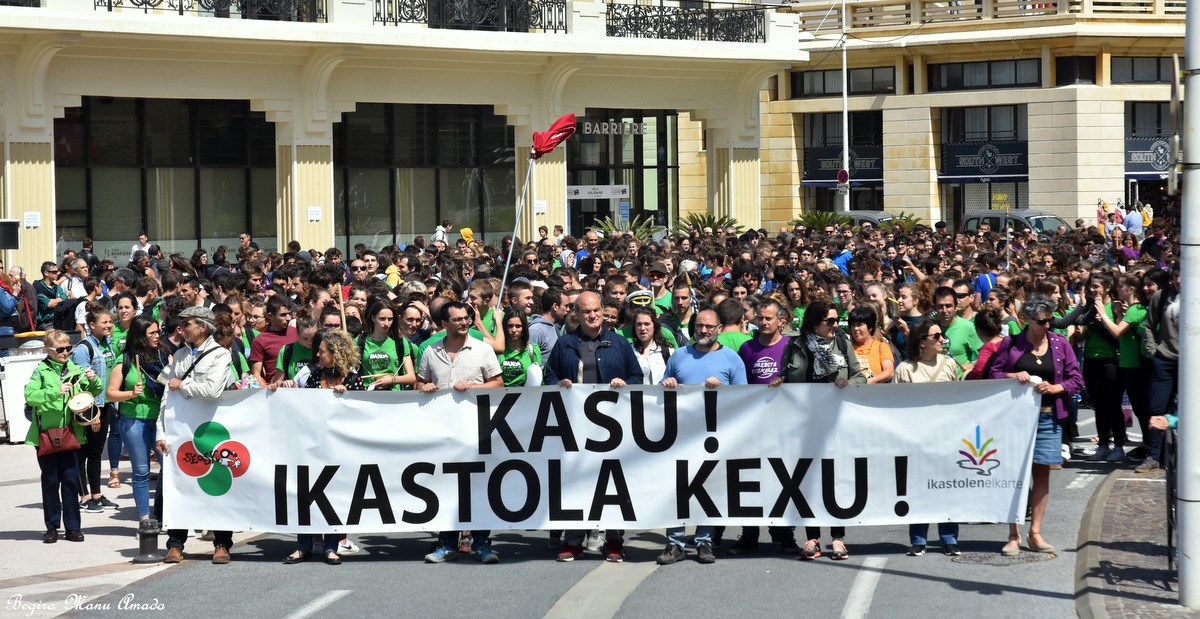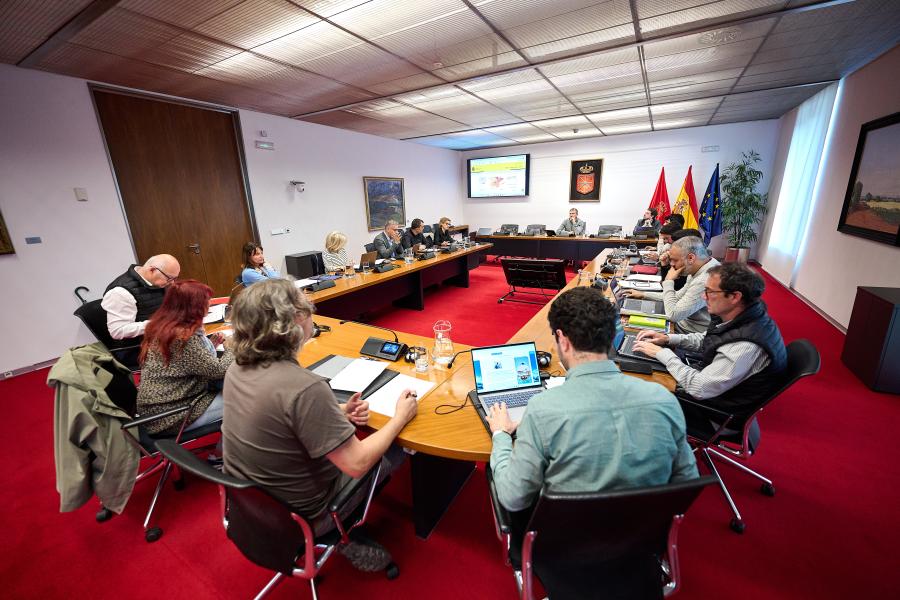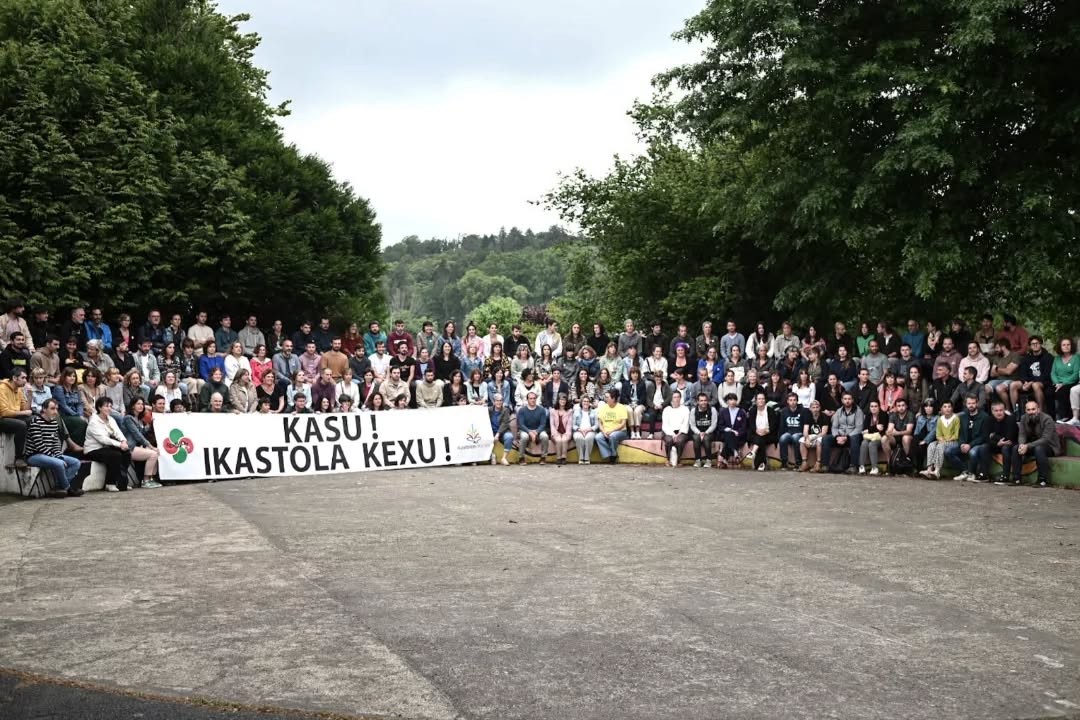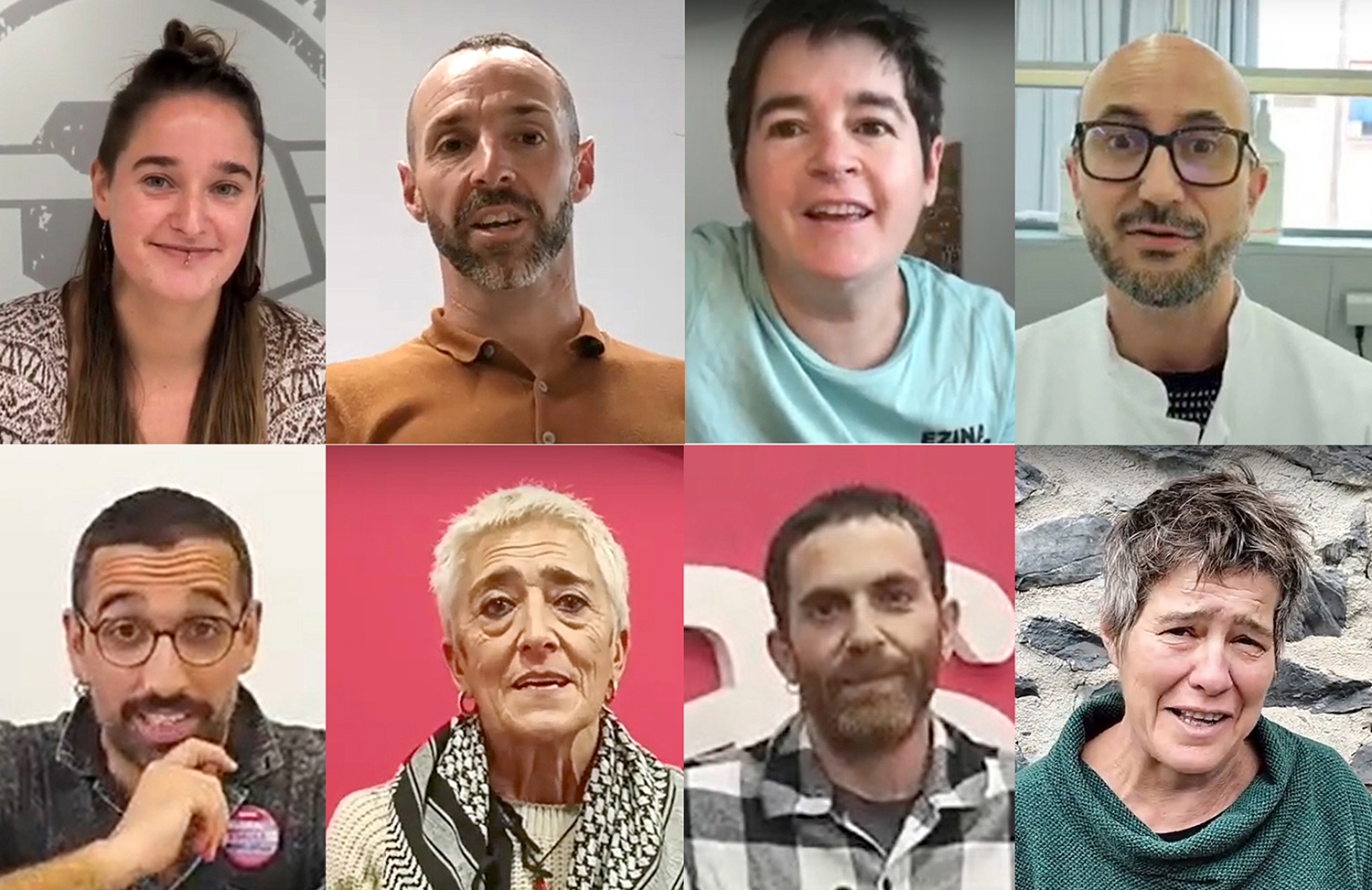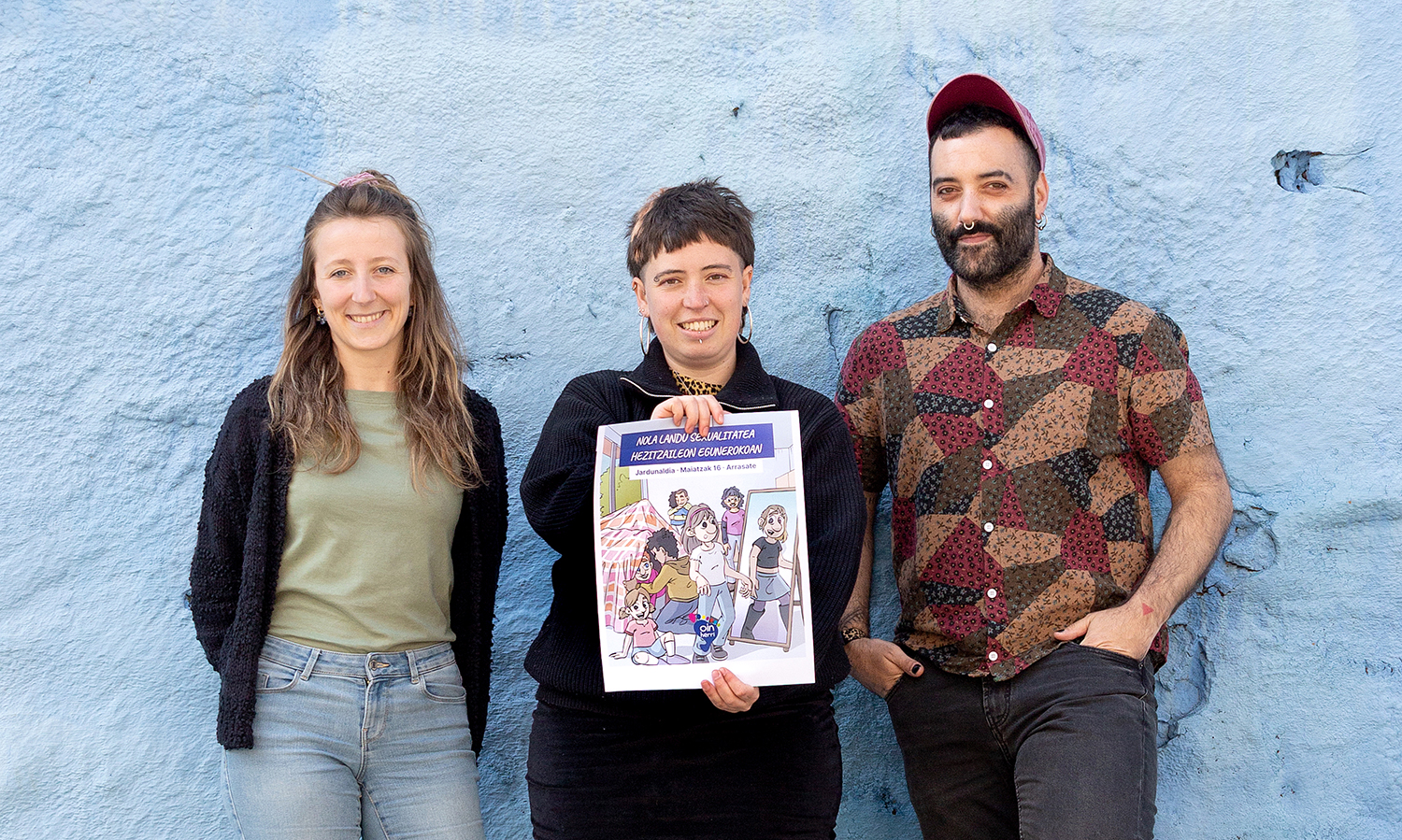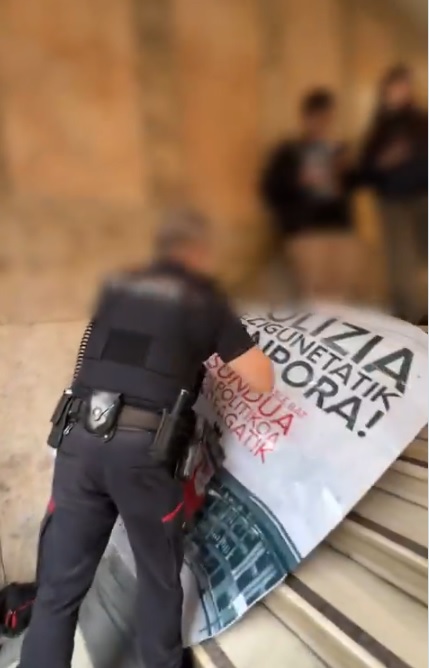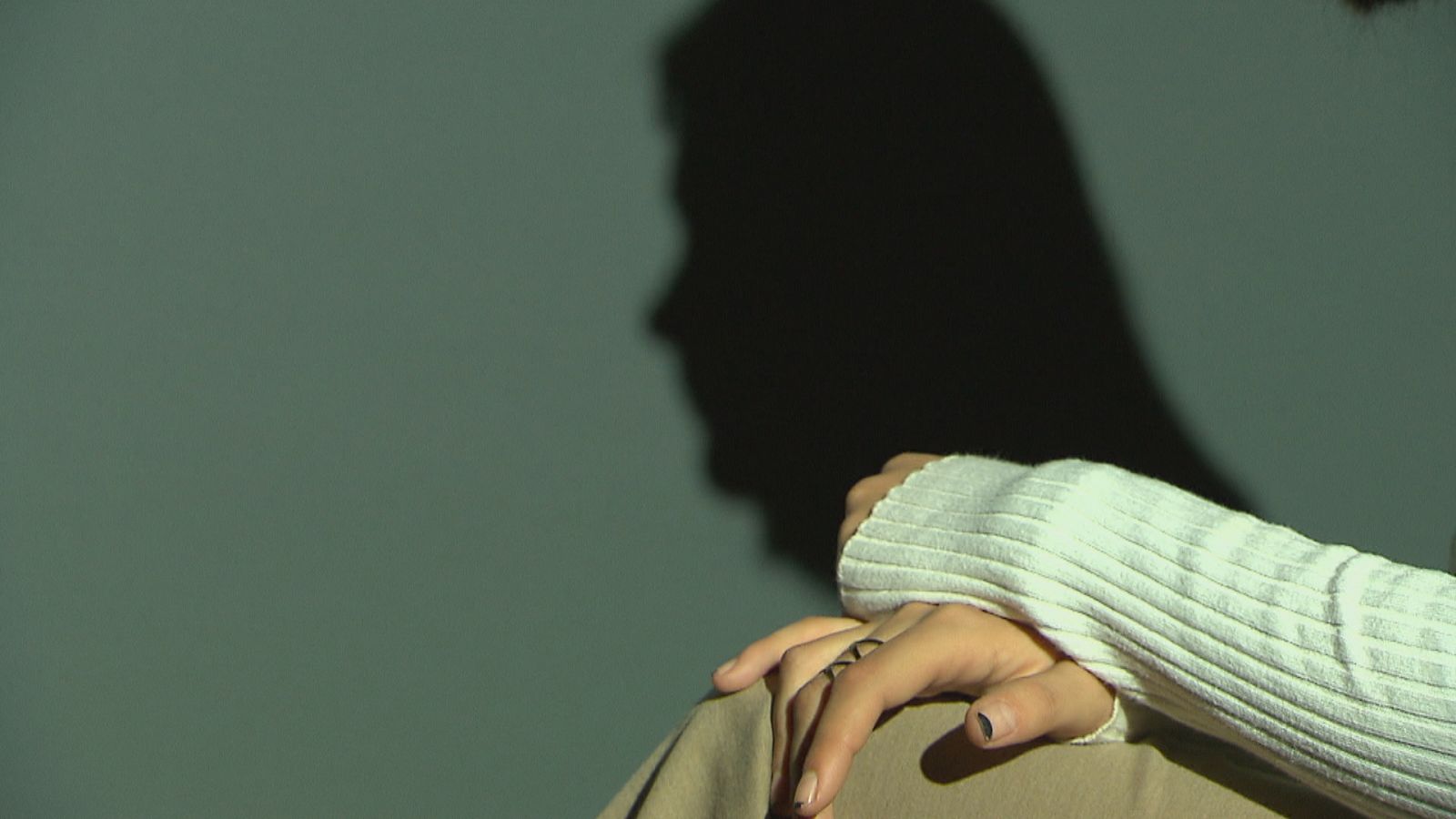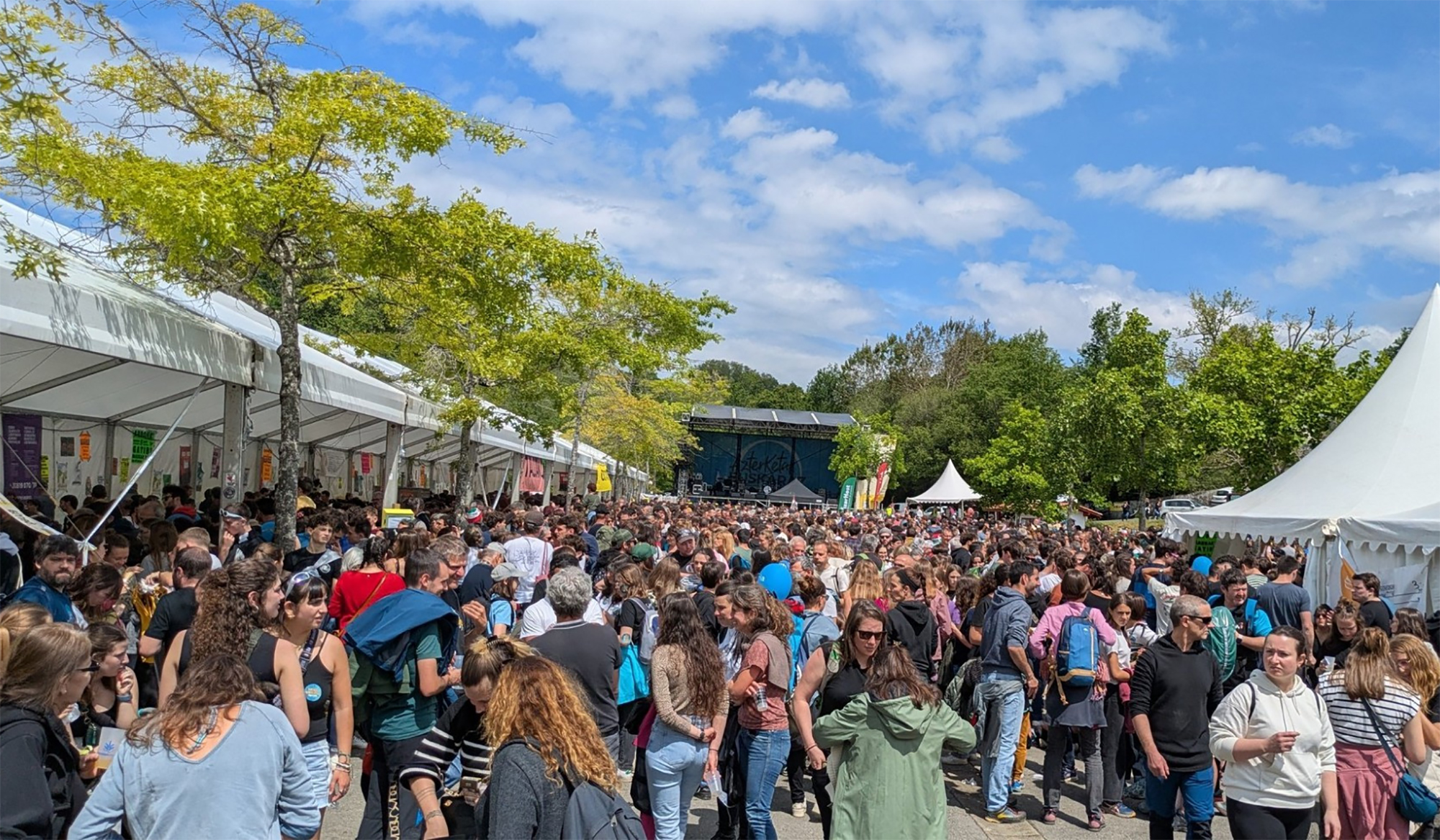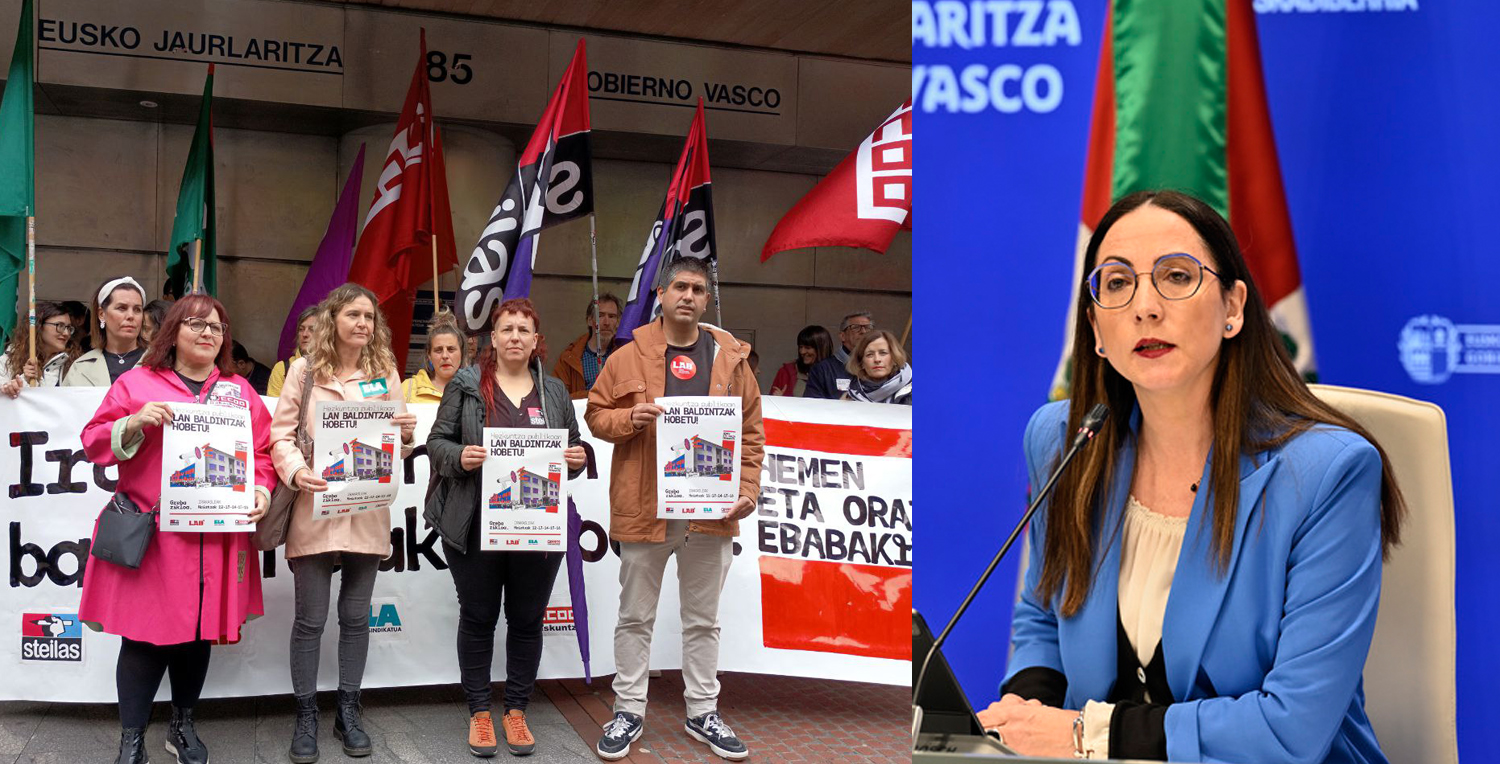A school for everyone in crisis?
- Society needs all schools to be open and all students to receive classroom classes daily in order to ensure a cohesive and educated society in the future. Fathers and mothers need their sons and daughters to go to school every day to be able to work at those times. But the Basque Government has seriously questioned the classroom school, because in the midst of a pandemic educational resources have not increased, and has also reduced them.

If the Basque Government maintains the cuts in education, the "healthy" remedy they are going to sell to the citizens will be to reduce the classroom school to almost half, and leave the other half of the school at the expense of the houses, deepening the individualism
Does the Government not have the opportunity to change and reduce the nature of the school which it has cut for years? To argue that the school will be maintained through new technologies, but that classroom attention to students will be reduced? A good thing to justify to society this transformation of the school is for the centers to work to the maximum the health measures they must comply with in the face of the pandemic, because we all want healthy schools. But the bait that goes along with that very appealing aspect is the cutbacks: if there are no profound changes in schools that demand the prevention of COVID-19, that is, decentralizing macro-schools, multiplying the number of square meters for schools and staff... and also, if the government makes cuts in resources, the "healthy" remedy that will sell us to the citizens will be to reduce half of the school's form. Thus, households bear the support cost of half of the school: in infrastructure (availability of computers, tables, chairs and so on), in energy (heating, internet and light), and in staff (in hours close to these students).
Without resources, protocols are traps
The fact that in each school pupils, parents and teachers have not talked about how to reconcile health and education is not a stable ground for schools in the face of problems that may arise
At school we also want health to be guaranteed, and most will agree that measures must be taken to prevent the spread of COVID-19 in school. But what measures should be taken at school? This has been established by profoundly marked protocols: the unions denounce that the beginning of the course has not been agreed, that the Department of Education has not worked in any way with the representatives of the agents and that it has taken the decisions unilaterally. They add that the criteria established by the Department of Education are, on many occasions, too generic and that the responsibility to define concrete standards according to the reality of the center has fallen into the hands of the directors of the center, so they ask for legal guarantees for teachers in the face of possible conflicts and complaints that may arise during the course. Given that the specific protocols that have been commissioned by the Department of Education and that have been developed by the management of each center are not the ones that have been debated and consensual among all the agents of this school, they can generate ups and downs in daily life, since throughout the course there will be a thousand different cases. Is it too late for these new school health protocols not to be approved in school councils by mere formality, but to be adapted and agreed taking into account the opinion of students and parents? The citizens have been without decisions about health for months and the general tendency of the parents has been to silence; from the respect to the dedication and the work that has fallen to the teachers, to silence the health measures that the center has made known. But the fact that there has been no talk about how to reconcile health and education is not a firm land for an educational center in the face of any problems that may arise.
The normal thing in a pandemic is that many teachers get sick, right? But the Basque Government does not see the need to expand the groups of teachers in schools
COVID-19 has increased school expenses to households that want to guarantee their children's studies: in some cases, the need to buy a computer during confinement, the purchase of complete material for each student at this course beginning in which no material can be shared... But the priorities for allocating money at home from the CAV Administration seem to be other. And that is that the Basque Government has not seen the need to increase spending on education: if a pandemic is characterized by a lot of sick people, it is normal that this course many teachers get sick, right? But the Basque Government has not seen the need to expand the groups of teachers in schools. Although the most effective measure to prevent COVID-19 pollution is to reduce student groups and keep them outdoors, it has not put more resources into building remodeling or reducing classroom ratios and responding to more teachers.
A school for all: The objective of some, the point of view of others?
If you have to take care of health measures without significantly increasing educational resources, how do you keep school? Nagore Iturrioz, member of the union STEILAS, and Lurdes Imaz, member of the association of parents EHIGE, have stressed that the priorities for society are to keep schools open and classroom education for all students.
We just tried out what a non-classroom school looks like in the lockdown: most schools had the opportunity to learn individually and by computer. But that greatly increased the gap between students according to the social and cultural class of each home. Many students were disconnected without receiving classes. And all the students lost a lot in the depth of content work, in socialization, in emotional support ... Many students lost a single meal they got insured every day, and many others lost their only place to speak in Basque.
Is it also a priority for the Basque Government to set up a classroom school, or is it more tempting to promote computer learning that can cost a lot more money?
When there is no other option, it is no little to maintain a class like the one you can. But to what extent will the education cuts of the Basque Government affect the possibility of students receiving classroom lessons? Is it also a priority for the Basque Government to set up a classroom school, or is it more tempting to promote computer learning that can cost a lot more money? There is room for doubt, since in June the Basque Government urged the directors of the centres to develop three scenarios: Stage A is the one that started at the beginning of the course, with all the students every day in the school; stage B, with only half of the students in the class; and stage D, of confinement, with all the students at home. Iturrioz denounces: "If the Basque Government does not put the resources that each of these scenarios demands, none of these three options is real, absolutely none. If you do not put the means to ensure in-person education (scenario A), you will force us to go to scenario B, and it is unacceptable that you have to resort to it because the means have not been put in place."
Nagore Iturrioz, STEILAS
The protocols sent to the centers determine the number of COVID-19 positive cases that would result in the closure of a classroom or the entire center. However, they do not specify in which situation a school center would pass by stage A (where all students work daily in class) to stage B (where only half of the students would work in class). Is the requirement for the step to stage B the distance of 1.5 meters between the students? If so, the person responsible for the loss of in-person learning would be more the lack of investment from the Basque Government than the COVID-19 pandemic. Taking into account the confinement experience, the decision to change the scene to a center can pass from one day to the next. Iturrioz has denounced that "the Department of Education has opened the classes, but is not ensuring classroom teaching, as the other options are much cheaper."
Do you care for the center?
If the Basque Government moves the centers to stage B, where will the children who are not receiving classroom learning be? Everyone alone in your home? Who will take care of them? Who will explain to you what you have not understood?
It is clear to parents that, although the Basque Government and the Spanish Government ignore it, the fact that minors do not go to school every day would constitute a vacuum in their care and education. Therefore, it is irritating to see that when considering scenarios B and D, there is no need to guarantee the care of all children at all times, nor are there any mention of resources for care. Where will children who are not receiving classroom learning be? Everyone alone in your home? Who will take care of them? Who will explain to you what you have not understood? Fathers and mothers who reduce working hours outside the home or who leave work directly (especially women)? Fathers and mothers (especially women) who will work in teleworking without being able to perform two functions at the same time and with a degree of psychological resistance? The grandparents most exposed to this pandemic? Or no one, and as a society, we're agreeing not to take care of children? Are we severely limiting the possibility of studying minors as a society? No one, and we're accepting that minors have to spend five hours a day in front of the screen and alone, in the name of education and health?
If school is something, it's a collective space. Is it a society educated in individuality and empty screen relationships?
The school, besides being a space of content transmission, is also a space of care and socialization: it is a safer and more stable environment than the house for many students, a place to learn in contact, where they can learn to take care of themselves and help each other, a place to learn to live in a group, a meeting point that allows to meet the needs of each household with the possibilities of other homes... If school is something, it's a collective space. The B and D scenarios proposed by the Basque Government condemn students to individuality, to solitude, to have to limit them to the possibilities of each house, besides not guaranteeing the minimum conditions of each house. Is a society educated in individuality and zero-screen relationships what we want for the future?
Now is the time for parents, students and teachers to think together how to guarantee all students collectively care and classroom education in scenarios B and D. Bring students who are not in school together in another public building? Gathered in the houses?
Now is the time for parents, students and professors to respond jointly to scenarios B and D from the community: to think about how it is possible to guarantee care and classroom education to all students collectively in scenarios B and D. Bring students who are not in school together in another public building? Gathered in the houses? At the request of teachers for these groups? At the request of the monitor? Organized by parents in auzolan for care and the role of teacher? Although the Basque Government was tempted to interrupt classroom classes in order to further reduce spending on education, by the way, pupils, teachers and parents should have a collective solution on the ground. For care and classroom education to be for everyone, not just for those who can afford it.
There are many ways to cut
The Basque Government has so far used COVID-19 prevention measures to deal with cuts, which would lead to an increase in investment. For example, students have started the course in a phased way, as a preventive measure; but the Basque Government has also delayed to the same extent the recruitment of teacher substitutions at those educational levels that have started the course later. As a result, thousands of replacement teachers will start working from 30 September, so this year they will charge less than a month.
The development of planning for scenarios A, B and D has required the directions and teachers of the schools countless hours; the concretization of how the health protocol is to be carried out exactly in its center; the need to ensure compliance with these protocols at all times... and the non-increase in the number of teachers of the center to perform these tasks that have been added in very high numbers, is another way of cutting.
Without increasing the resources in the dining rooms, many families are left without access to the dining room.
Another preventive measure has been to reduce the number of pupils who eat simultaneously in school canteens. But since resources have not increased, many centers have had to prioritize users and many families have been left without access to the dining room.
The possibility of extracurricular activities in the centres is also at issue because the Basque Government has not put more resources into maintaining these activities in compliance with preventive measures. Imaz recalled that the activities carried out in schools have been called into question, but "in itself, it is a safe space, a school. Schools have defined the protocols and are complying with them, so performing these activities outside school increases the risk." If free time activities are not guaranteed at school, those who have new money will have the option of leisure and care, and the other students will not.
Strike 15?
Trade unions and student movements have called for a strike on 15 September in the Basque Country. The media, acting as speakers from the Basque Government, will say that parents have to go to work and that, after a lockdown and a holiday, it is not time to lose a day of class with a strike. Parents who have to go to work (especially women) may wonder how they will manage this course at home if we don’t fight for a school for everyone. Parents who work at home may ask if they are willing to take on the role of teacher throughout the course. Managing the lack of one day class doesn't seem that hard, when almost every day we have the opportunity to go to the school in question, right?
In the debate on education, the neologism that some of us are using (I think we can call it that) is pedagogy, which perhaps needs an explanation. The idea is to give pedagogy a chance, separating the two things. As in the distinction between science and science, pedagogy would... [+]
Many animals use coincidence with the group as a survival strategy. This character has often been neglected, equating many collectives with herds, as a mass without its own character that must be guided. But the community, when it suspects the threat, knows how to use its... [+]
Donibane Garazi inguruko herri ttipi batean sortua da Bea, eta 1970eko hamarkadan ondoko eskola publiko batean ikusi zituen bortizkeria, sexu eraso eta bortxaketak salatu dizkigu. Irakasleak eragiten zizkiela tratu horiek ama eskolako eta lehen mailako haurrei, mutikoak bortizki... [+]








